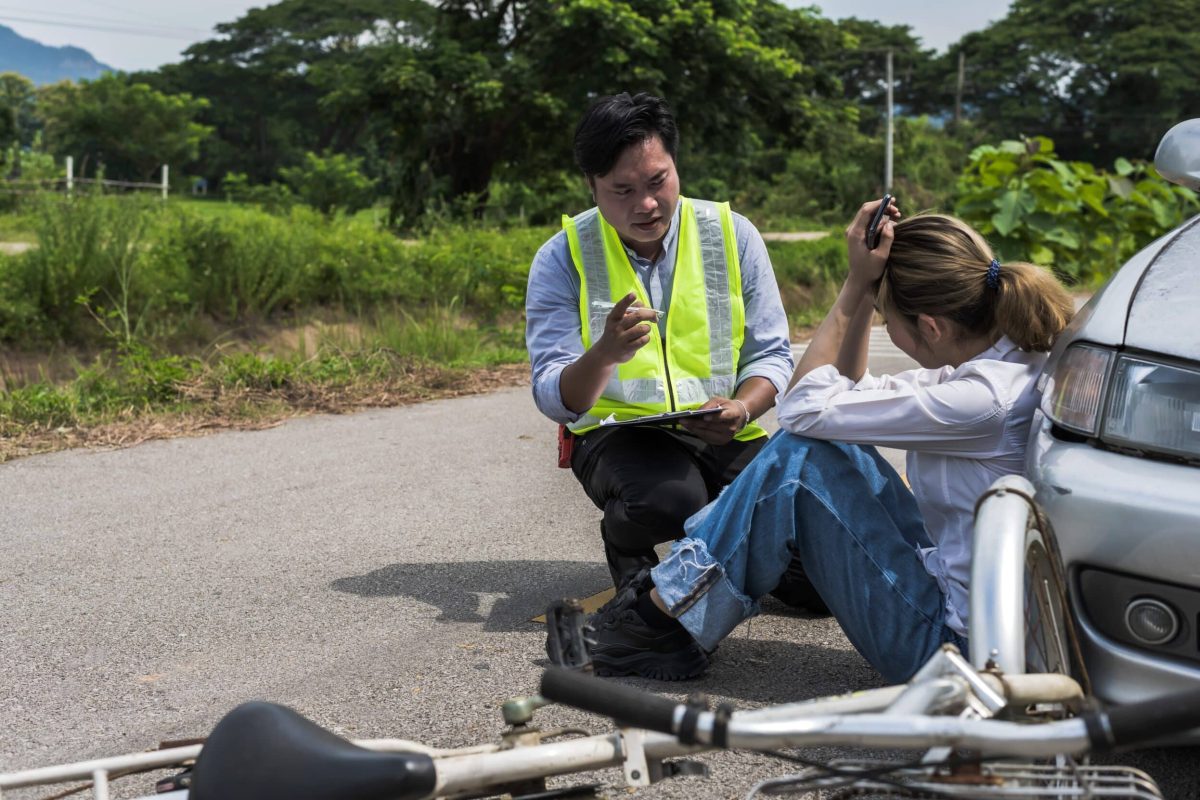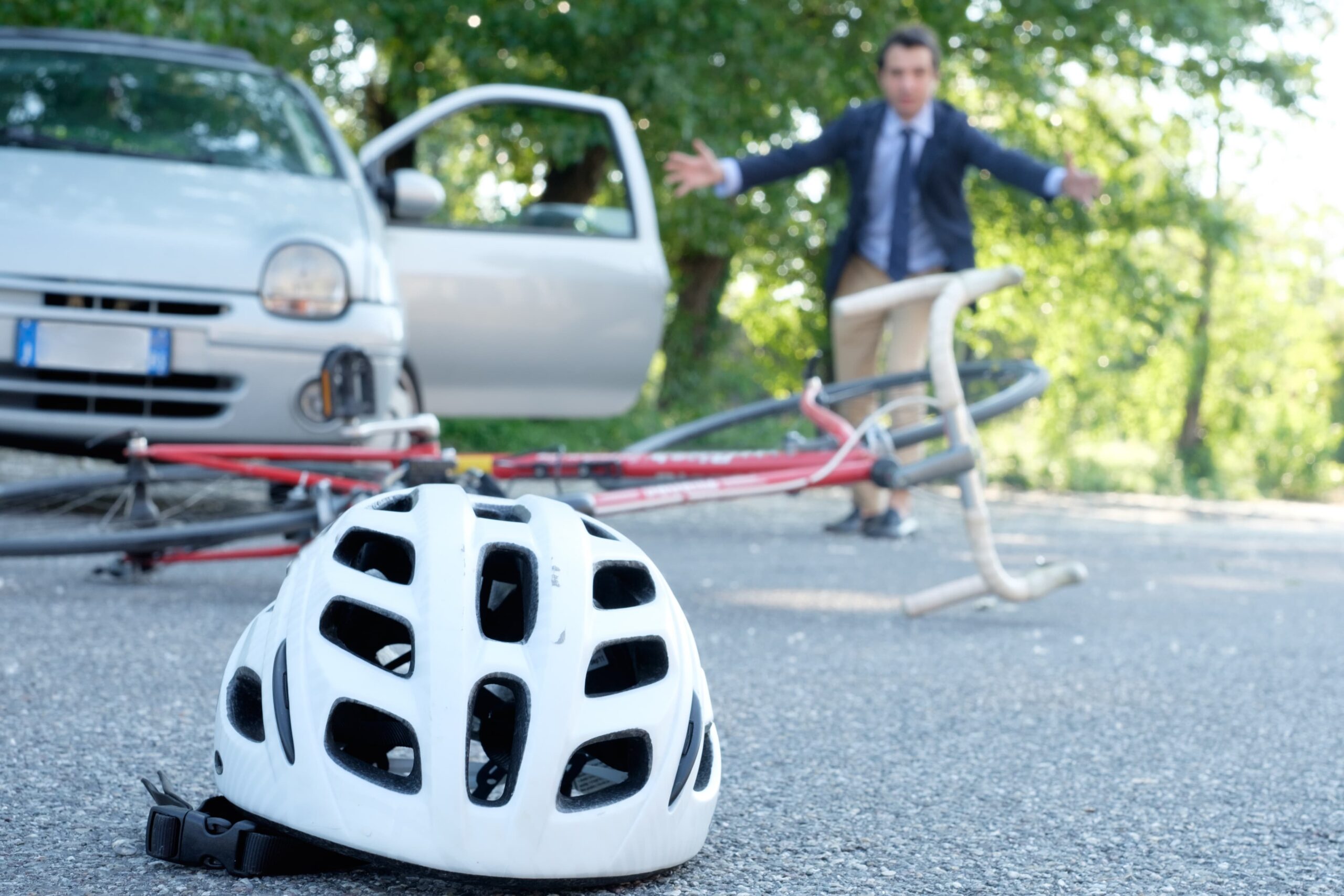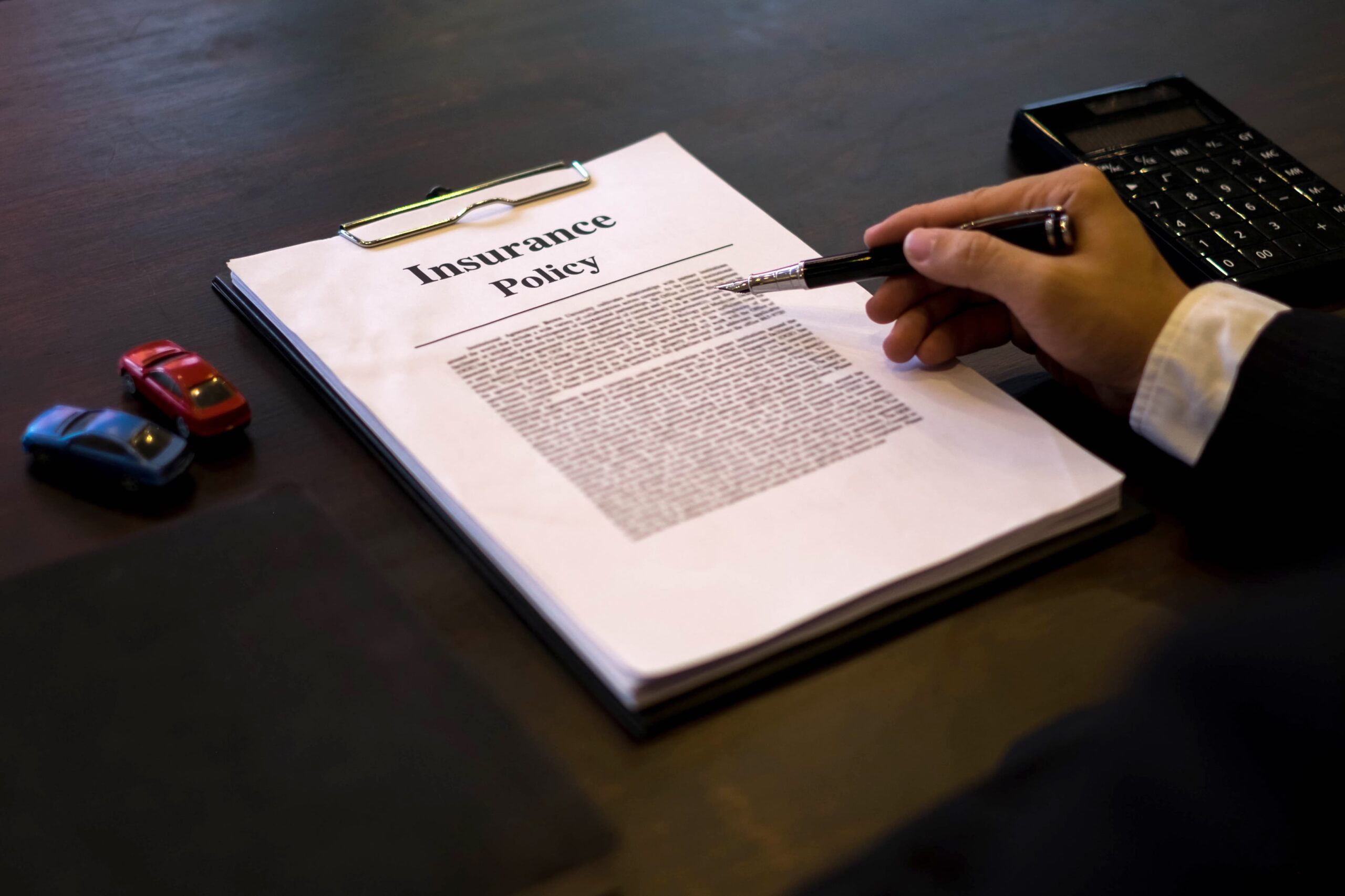TL;DR: Quick legal advice after a bike incident can help you secure medical care, preserve evidence, and manage insurance communication effectively. Below you’ll find steps on getting medical help, collecting proof, handling insurers, understanding fault rules, documenting damages, and meeting claim deadlines.
Getting clear legal advice quickly after a bike incident can make a major difference in how things turn out. First, make sure you’re secure and get medical help. Then, gather proof and talk to your insurance company carefully.
Get aid from a doctor and keep records
Even if you think you’re fine, you should consult a doctor straight away. You might not realize immediately away if you have a concussion, an internal injury, or a shattered bone. Early exams, imaging, and follow-ups connect injuries to the incident and make it tougher for insurance companies to argue about delays. Look at what the CDC has to say about head injuries.
Keep Evidence from the First Day
Take pictures of the area, including the lanes, signs, trash, and where the cars are. Also, take images of your bike, helmet, and clothes. Don’t clean or fix things yet; simply put them away safely. Get the police report and the names and phone numbers of the people who saw what happened. If you can, preserve the route, speed, and time information from your GPS or fitness app.
Deal with insurers in a smart way
Don’t sign recorded statements or broad medical releases before you obtain counsel. Just give the basics. When you can, write down everything you say. To understand more about frequent crash trends, check out IIHS study on bikes.
Find out what’s wrong and what the regulations are
Comparative negligence is used in many states. If a cyclist is judged to be partly to blame (for example, due of poor visibility or being in the wrong lane), they may still be eligible to collect money back, but the amount will be smaller depending on how much blame they are. People regularly get into accidents at intersections, when automobiles turn, and when people open their doors because they don’t know who has the right of way or are not paying attention.
Keep track of damages
Keep a record of your medical bills, out-of-pocket costs (such transportation and prescriptions), lost wages (with comments from your work), and estimates for fixing or replacing your bike. Write down your symptoms and how they effect your everyday life, such as how much pain you have, how well you sleep, and how much you can do. These are key things to know for the settlement.
Be aware of the due dates and what to do next
There are rigorous deadlines for filing injury claims, however claims against cities may have shorter notice periods. Talk to a bike injury lawyer right soon if you and the other person can’t agree on who is at fault or if the injuries are serious. To learn more about our firm, go to Pyramid Legal. You can also reach us through Contact for a free case evaluation.
Taking care of things swiftly, gathering proof, and talking to your insurance company carefully will keep your choices open while your case is being looked at. These legal recommendations for hurt bikers will help you safeguard your rights from the very beginning.









